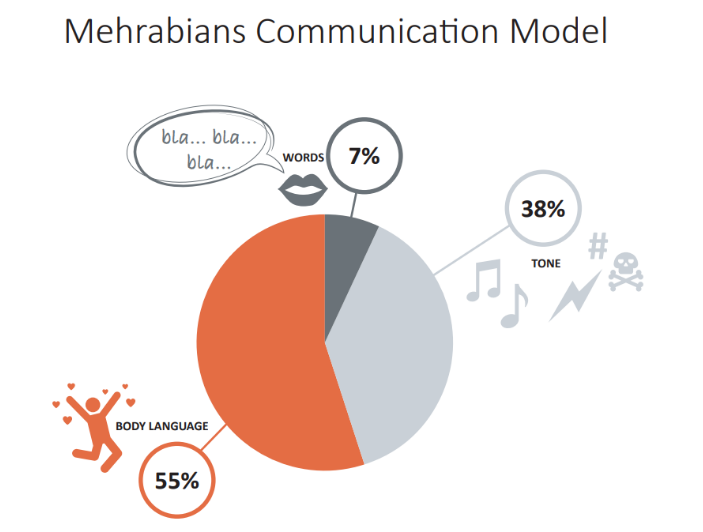Autopoiesis
We perceive reality differently. Our brain interprets through our own filter of experiences, biases, preconceptions, beliefs, and more. This is what is called Autopoiesis.
This means we create our own reality.
This also means that there is no objective truth. When we meet other people, we quickly form an impression of what we sense with the experiences we have. Thus, an impression is formed from our sensations, which are colored by our subjective experiences. Our perception of reality is far more subjective than expected, as it is constructed as an internal process within the individual.
Your frame of understanding is also called your context.
Context is our perception of what lies behind statements, events, views, interactions, actions, etc. In other words: our experiences.
You have preconceptions of everything that surrounds you. This also applies to the attitudes you have formed over time, which means that you interpret without necessarily reflecting further.
Think about whether the conversation is about 6s or 9s.
If your audience isn't getting your message, it's a good idea to analyze how you, as the communicator, have communicated your message.
This applies to both written and verbal communication. Maybe you get caught up in being preconceived, or maybe you forget to see the other person's perspective?
You are in charge of your communication!
Nonverbal communication
Beyond autopoiesis, our perception of reality is influenced by how we see and perceive those around us and their nonverbal communication. Nonverbal communication is, in other words, body language. Our body language and facial expressions are part of our communication and have a huge impact on how our message is perceived and received when we interact with others. By paying attention to our nonverbal communication, we can also ensure that the message is received in a constructive way that does not incite conflict. It can be difficult to match body language, emphasis, and words. The body tells and the recipient senses more of our communication than we are aware of. Therefore, you need to be very aware of how your message is being received. This can strengthen your relationship and prevent misunderstandings and conflicts.
Being aware of your nonverbal communication means being aware that your body language communicates outwardly; the more awareness you gain of your nonverbal communication, the more active choices you can make that help you feel more authentic in your presence and clear in your communication.
Mehrabians rule
Others will interpret your behavior without knowing you. We can sometimes look angry or sad in the face without even knowing it. Your facial expressions also play an important role in your nonverbal communication. More specifically, the interaction with your body and facial expressions is important. If your body signals one thing and your facial expressions and behavior another, you can be interpreted as untrustworthy, insecure, or something else entirely. Because humans, by nature, interpret and mirror each other, we are influenced by each other's conscious and unconscious signals.
Deepen your knowledge and watch the following videos on nonverbal communication!
The ability to listen actively
Active listening is about being present in the dialog by increasing your awareness of when you unconsciously relate to what is being expressed in the dialog.
Among other things, it is based on:
It is easier to create a better dialog when you are actively listening
Striving to achieve mutual understanding
Remembering to be assertive in your communication also requires active listening
Sharing your own opinions while listening to - and being aware of - the opinions of others
Active listening is an active choice. If you can't be an active listener, say so!
In everyday life, it can be difficult to be an active listener
Often you're very preoccupied with your own work tasks. So busy that you can't concentrate on anything else, which makes it difficult to listen to what is being said properly. Therefore, active listening is something you have to choose to do - it can be seen as an active choice to make. When you are actively listening, the 'comment trail' stops in your own stream of thought. By listening actively, you also become better at reading other people and their emotions. For example, by cultivating their facial expressions. This allows you to 'hear' much more and understand better. Think about the importance of putting yourself in someone else's perspective and being aware that your body tells you things that you are not always aware of.
Watch a series of videos that elaborate on active listening and learn how you can become better at remembering to listen actively in your everyday life!
Want to read?
Curious for more? Listen to a podcast about body language here






